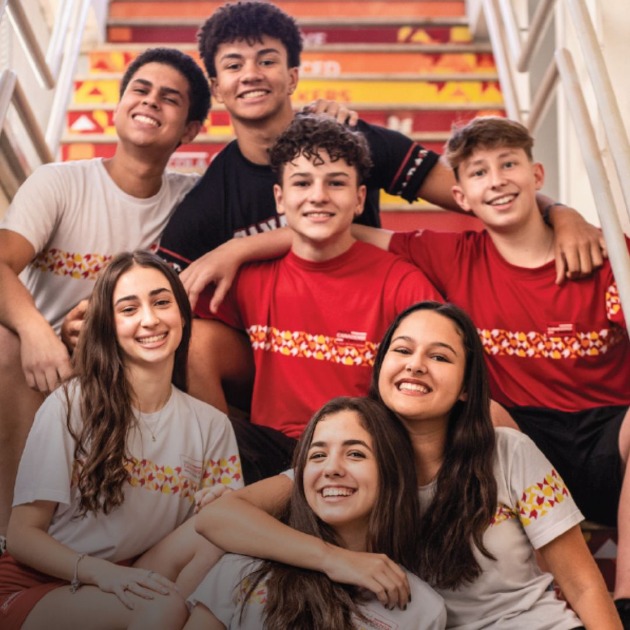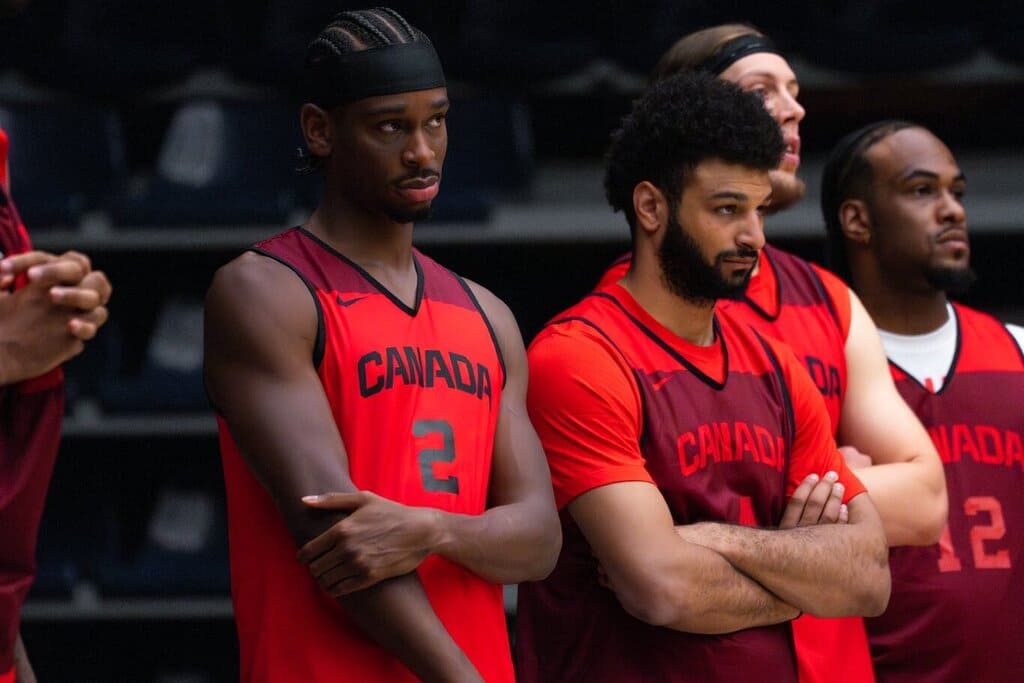The face of one of the biggest names in electronic music has big X-shaped eyes, a kind of sinister smile and a kind of internet meme. Don’t expect to see the true face of DJ Marshmello. He introduces himself on September 3, the same night as Post Malone and Alok.
See the full program.
The event’s most enigmatic attraction has been covering her face with a sort of marshmallow-shaped bucket since her festival debut in 2015. Sites specializing in the genre link her identity to that of American DJ Chris Comstock, said Dotcom, but that’s not all. .. from an unconfirmed rumor.
The musician, who exploded with a remix of “Where are ü now”, by Jack Ü and Justin Bieber, gives few interviews and we know almost nothing about his origins. In an official biography, he is miserly in explaining why he decided to hide his face:
“I just want to make good music. And for that, you don’t need to know who I am.”
Marshmello emerged in the wake of other masked DJs, including Canadian Deadmau5 and French duo Daft Punk. They all follow a long line of artists who make mystery their biggest merchandising – there are names like Sia, Kiss, Slipknot and Gorillaz. But what is behind the enigma?
American band Kiss performs at Monsters of Rock 2015 — Photo: Flavio Moraes/G1
What an expert says
Most masked people cite privacy or “enjoying the art over the image” as their motivation. But for Thiago Soares, professor and researcher in music and pop culture at the Federal University of Pernambuco (UFPE), it is impossible to define a single element that explains the behavior of all these artists. He does an analysis.
“In the case of Kiss, for example, the strong makeup even hides their age. They age, but they do not suffer the repercussions. The mask also redeems this place a little,” he assesses. “About Sia, I believe there is indeed a poetic strategy. There is also a critique of the format of pop music, of the artist as an emblematic and central figure.”
“Each artist builds a trajectory in the media. The mask is a playful component of this story, it is a call to reveal oneself.”
But what about Marshmello? “An interpretation can be the criticism of the overvaluation of DJs, of this popstar DJ thing”, analyzes the researcher. “It seems to me that he also uses an aesthetic linked to digital culture, emojis. The logic of the masked, of the anonymous, is also very present on the internet, with elements like the ‘V for revenge’ mask, the false, the anonymous post.”
Soares also points out that the cult of masks is much older than any pop star. “It’s not something contemporary. The circus, a scenic dimension that flirts with theatre, is part of the show’s tradition”, he explains. “Actors used masks to express their emotions. This idea of hiding the face was born out of increased visibility.”
A masked man’s point of view
Zangado is hitting the internet with gaming videos — Photo: Jamile Alves/G1 AM
If the masks revolve around the internet, it is clear that the celebrities of this universe would not miss the opportunity to create their own puzzles. Thiago “Zangado” is one of the most famous anonymous Brazilians among youtubers. He’s been hiding his face since he launched his channel – which now has 4 million subscribers.
“I live in a small town and I’m an engineer. I didn’t want fame to interfere with my life and my work”, he justifies himself when g1. “I also agree with the point of view of Slipknot and Daft Punk, who want the fans to focus on their music. In my case, the things I say and the example I set.”
Zangado says he believes “ideas are more important than image”, especially when talking to young people. Therefore, he thinks the mask helps send the right messages. “Every artist should have a legacy. When I go to an event, I always try to show the importance of studies, family relationships, respect for differences… It’s my legacy.”
“Whether I have small eyes or big eyes, straight hair or not, it doesn’t matter. It’s my identity.”
For the UFPE researcher, you have to be careful with the discourse of “I don’t want to be famous”, especially on the internet, where the relationship between masks and real life is even more blurred. “In the case of youtubeurs, it looks a lot like a personal marketing speech, to want to differentiate themselves from others,” he assesses. “The artist has a stage. For the youtubeur, the stage is his life. We are entering a moment of such visibility that the intimate has become scenic. It is the tyranny of the intimate.”

“Prone to fits of apathy. Beer evangelist. Incurable coffeeaholic. Internet expert.”

:strip_icc()/s04.video.glbimg.com/x720/10860891.jpg)





